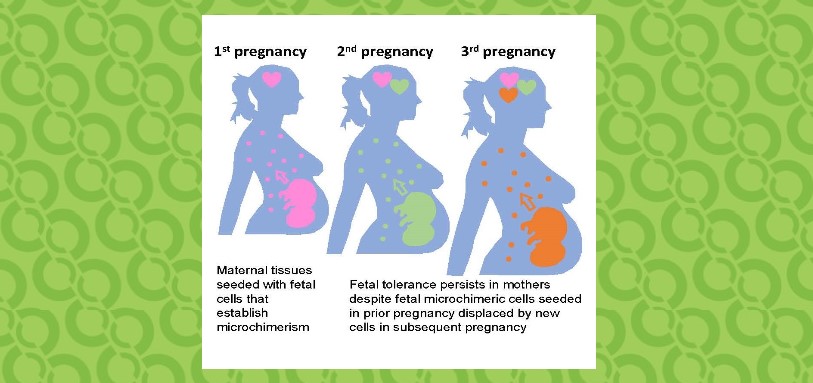Study Links Marijuana to Preeclampsia
Research By: SK Dey, PhD
Post Date: June 26, 2019 | Publish Date: July 24, 2012
New research indicates marijuana-like compounds called endocannabioids alter genes and biological signals critical to the formation of a normal placenta during pregnancy and may contribute to complications like preeclampsia.

A study in the Sept. 14 edition of The Journal of Biological Chemistry offers new evidence that abnormal biological signaling by endocannabinoid lipid molecules disrupts the movement of trophoblast cells that form the placenta. Abnormal placental function is common in preeclampsia – a potentially dangerous condition that occurs when pregnant women have high blood pressure and elevated protein levels in the urine.
The research conducted by scientists in the Division of Reproductive Sciences at Cincinnati Children’s analyzed embryos from two mouse models. In one group, endocannabinoid signaling was silenced by deleting the gene Cnr1. In the second group, signaling was elevated by deleting the gene Faah, which mimics the effects of tetrahydrocannabinol (THC), the active ingredient in cannabis.
In both groups, the expression of several genes known to be important to cell movement and embryo development was lower than normal. This included the development and migration of trophoblast stem cells, which are critical to forming the placenta.
“The findings of our investigation raise concerns that exposure to cannabis products may adversely affect early embryo development that is then perpetuated later in pregnancy,” said Sudhansu K. Dey, PhD, division director and principal investigator on the study. “Also, given that endocannabinoid signaling plays a key role in the central nervous system, it would be interesting in future studies to examine whether affected cell migration-related genes in early embryos also participate in neuronal cell migration during brain development.”
In addition to Dey, Huirong Xie, PhD, and Xiaofei Sun, PhD, were first co-authors. The study was funded by the National Institute on Drug Abuse, the March of Dimes and a postdoctoral fellowship from the Lalor Foundation.
—Posted by Tim Bonfield
| Original title: | Silencing or Amplification of Endocannabinoid Signaling in Blastocysts via CB1 Compromises Trophoblast Cell Migration |
| Published in: | Journal of Biological Chemistry |
| Publish date: | July 24, 2012 |






